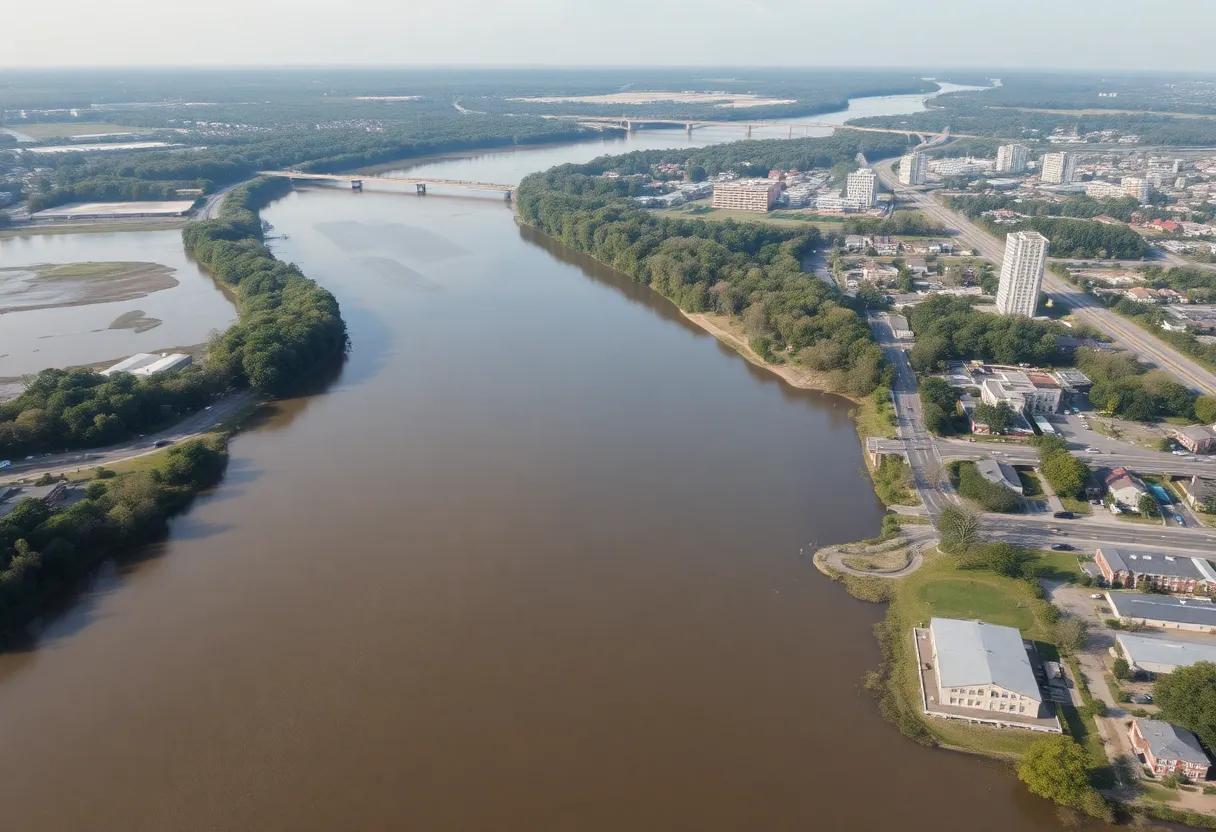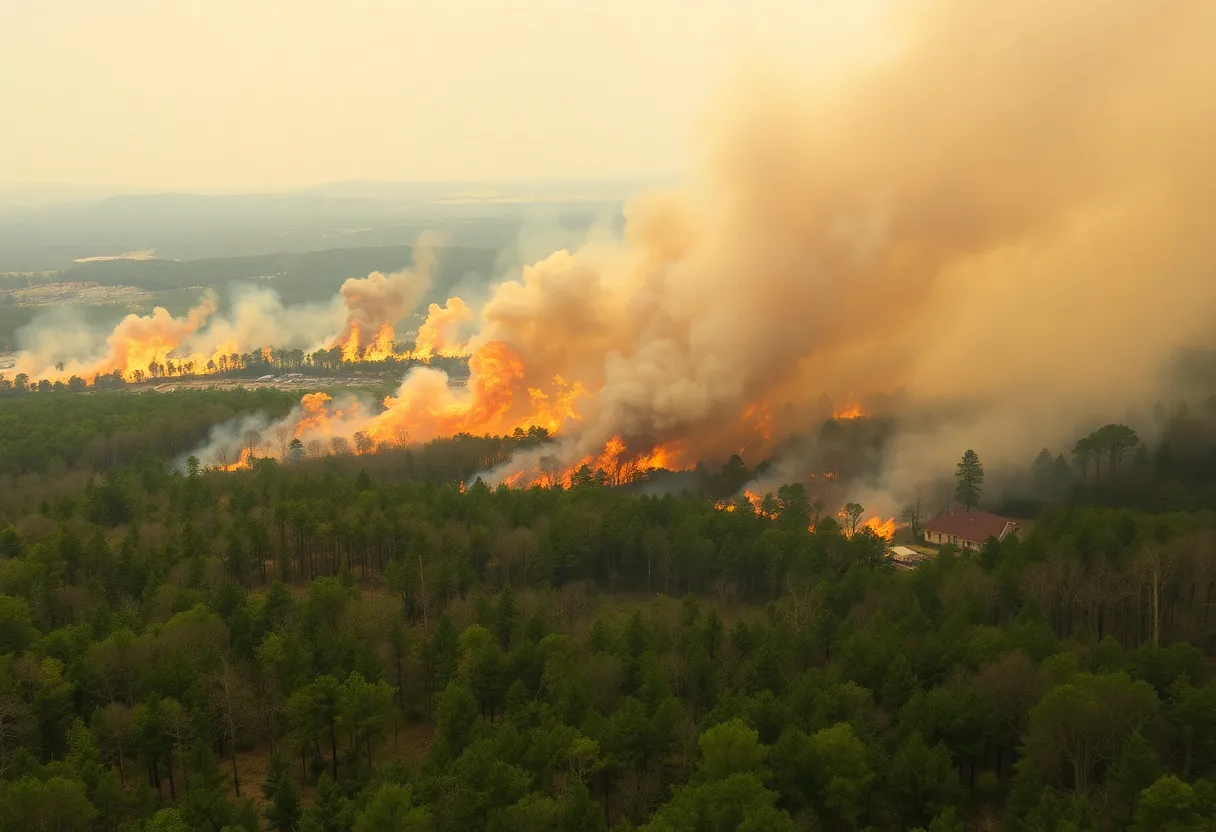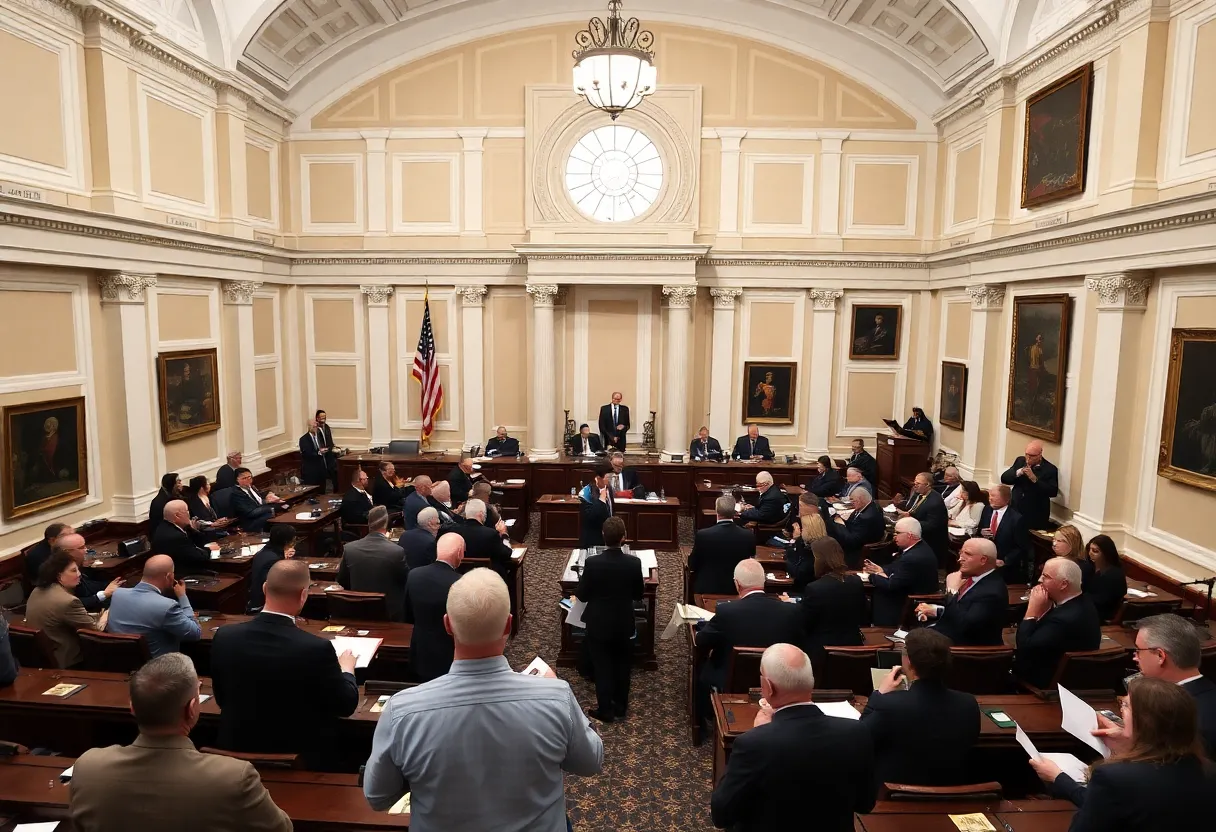News Summary
Columbia, South Carolina, faces significant concerns over wastewater management after the 2024 Sewer Spill Report revealed over 1.1 million gallons of sewage spilled into local rivers. Heavy rains caused by Hurricane Debby and Helene exacerbated the problem, with 85 overflow incidents reported. Residents are increasingly vigilant about health risks from contaminated waters, stressing the need for improved sewer infrastructure. City officials have urged caution as rising floodwaters impact treatment plants, highlighting the urgency for effective solutions to ensure water safety moving forward.
Columbia Faces Growing Concerns Over Wastewater Spills
In the heart of South Carolina, Columbia is grappling with alarming news regarding wastewater management. Recent findings from the 2024 Sewer Spill Report reveal that over 1.1 million gallons of sewage have made their way into local waterways, including the Lower Saluda, Lower Broad, and Congaree rivers. With data drawn from the South Carolina Department of Environmental Services and local research, these shocking numbers have prompting serious discussions and raised eyebrows among residents and environmental advocates alike.
A Closer Look at the Numbers
These findings are just the tip of the iceberg, as the report hints that the actual spill volumes might be even higher. The heavy rains associated with hurricanes, particularly Hurricanes Debby and Helene, made accurate tracking of these spills a daunting task. During these weather events, Columbia experienced a staggering 85 overflow spills, which collectively discharged just over a million gallons of sewage into the waters.
One major culprit for these high overflow numbers is the excessive stormwater that infiltrated the city’s wastewater collection system. This situation often arises when floodwaters flood manholes and other critical infrastructure, making monitoring and management a constant challenge. While Columbia’s Assistant City Manager explained that much of this overflow is diluted by stormwater—resulting in lower concentrations of bacteria—concerns remain about the long-term effects of even partially treated wastewater contaminating local waters.
Health Concerns for Residents
High levels of bacteria from sewer overflows aren’t just statistics; they pose real health risks. Residents exposed to these contaminated waters could face infections, rashes, and gastrointestinal issues. Local riverkeepers are taking proactive measures, regularly testing water samples for bacteria levels, especially during the warmer months when people are more likely to enjoy recreational activities in the local waterways.
Residents such as Joe Renwick have become increasingly vigilant, often checking water safety reports before participating in river activities like tubing or fishing. The need for such caution might seem burdensome, but with potential health risks lurking in the water, many find it a necessary routine.
Infrastructure Needs Highlighted
Advocacy for change is growing stronger as people like Bill Stangler highlight the urgent need for increased investment in the sewer infrastructure. His message resonates with many local residents who recognize that poor maintenance has direct consequences for the safety of their rivers and waterways. Efforts to reduce and ultimately eliminate these hazardous spills have never been more essential.
City’s Response to Spill Risks
Columbia city officials have issued cautionary notices regarding potential sewer overflows, particularly in light of rising water levels impacting the city’s Wastewater Treatment Plant located at 1200 Simmon Tree Lane. This plant has been experiencing backup issues due to the Congaree River reaching major flood stage. Warnings have been issued about the possibility of partially treated wastewater being released, urging residents to remain vigilant.
While some officials reported minimal sanitary sewer overflows, the city continues to monitor the situation closely. The rising floodwaters present not only a contamination challenge but also safety risks due to potential bacteria and debris contamination. Parents are being especially advised to be cautious and keep children away from affected water areas until it is deemed safe.
Ensuring Water Safety Moving Forward
As Columbia addresses these serious concerns, awareness among residents about the condition of local waterways is crucial. Community members are encouraged to stay informed, especially as Sanitary Sewer Overflows can quickly lead to public health issues. The city’s commitment to ongoing monitoring and improvement of the wastewater management system will hopefully lead to a future where residents can safely enjoy the rivers surrounding their beloved city without fear.
Deeper Dive: News & Info About This Topic
HERE Resources
Toxic Chemicals from Plastics Factories Threaten Columbia’s Waterways and Public Health
Additional Resources
- WLTX News
- MSN News
- WIS TV News
- WACH News
- Bay Journal
- Wikipedia: Sewage
- Google Search: wastewater management
- Google Scholar: wastewater contamination
- Encyclopedia Britannica: wastewater
- Google News: wastewater spills








